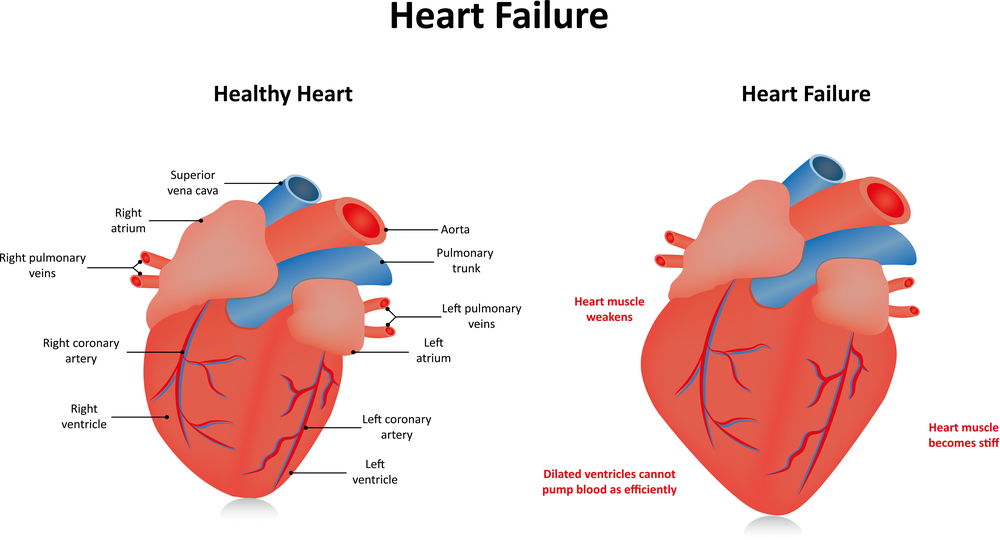A patient’s A1C was chronically high at around 9.0 with poor diet compliance. They were already reciving a fairly high dose of a sulfonylurea (glipizide) – remember that sulfonylureas stimulate the release of insulin. They were also on metformin 1000 mg twice daily. Being on fairly high doses of two oral antidiabetes medications and still not having very good control, some might make the argument that insulin would be the next step. I would probably tend to agree with that in another case similar to this, but we have to treat people, not numbers. This patient would not take an injection no matter what, so the provider decided to add Actos (pioglitazone) to try to lower the A1C without adding an injection. Sugars improved only mildly, but what was of note is that this patient had congestive heart failure. The patient’s heart failure symptoms worsened due with fluid increasing around the lungs making breathing more difficult for the patient. Actos can exacerbate the symptoms of heart failure. Actos was discontinued, heart failure symptoms improved and a DPP-4 inhibitor was initiated to help with diabetes management.
Actos (pioglitazone) and CHF

2 Comments
Submit a Comment Cancel reply
This site uses Akismet to reduce spam. Learn how your comment data is processed.
Written By Eric Christianson


Great article!! “We treat people not numbers” – cannot agree more! Amazing blog!!
Thanks man!